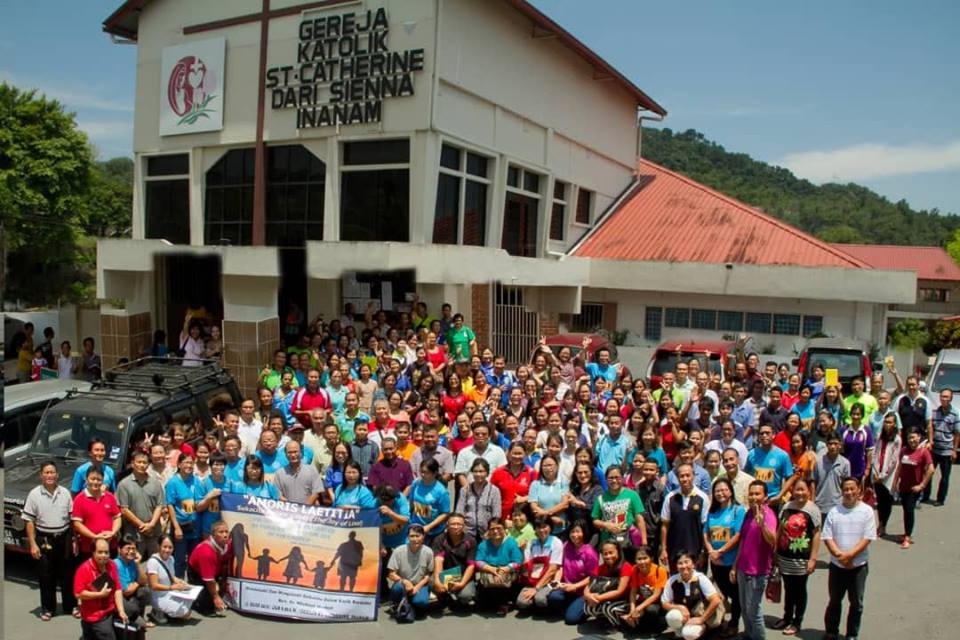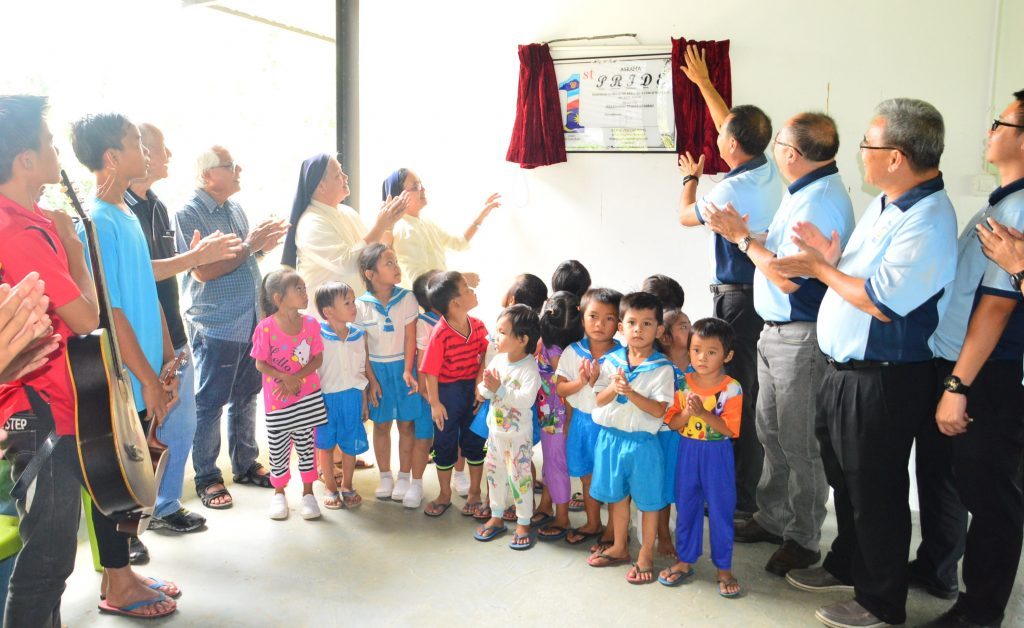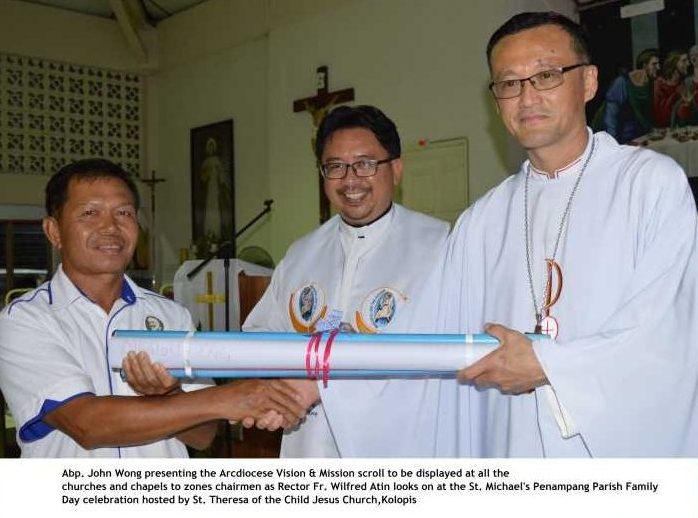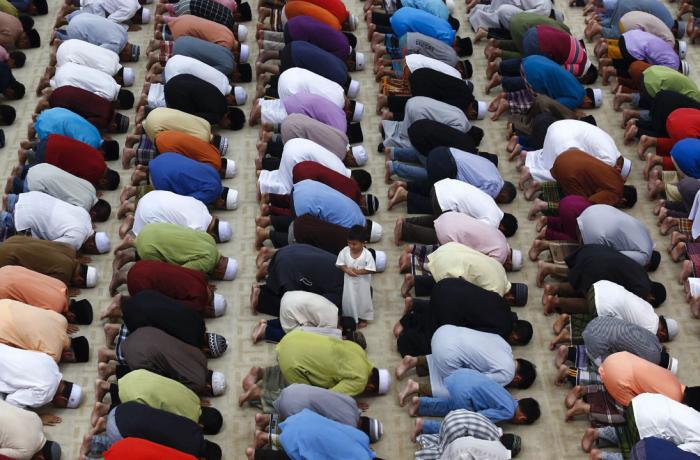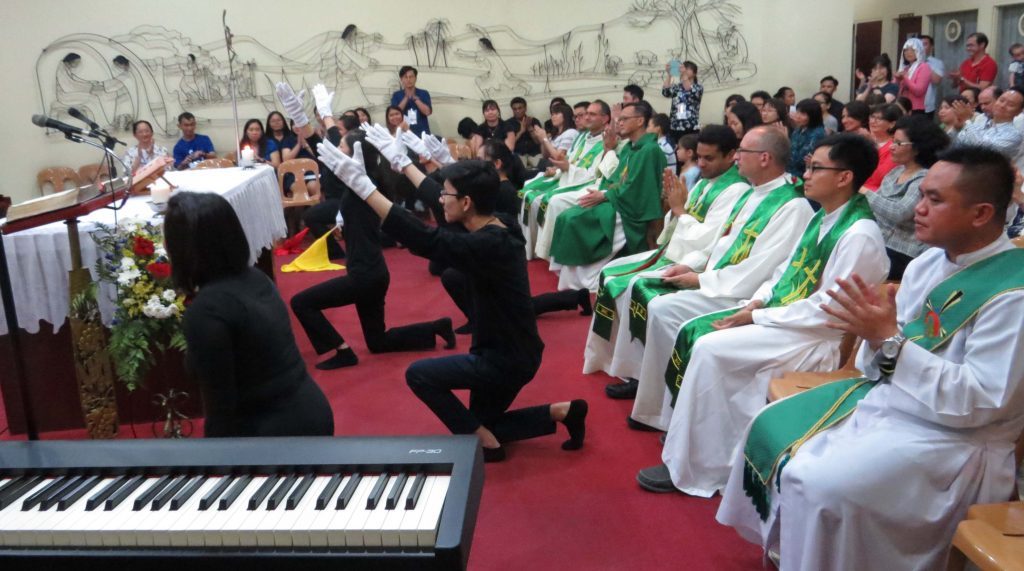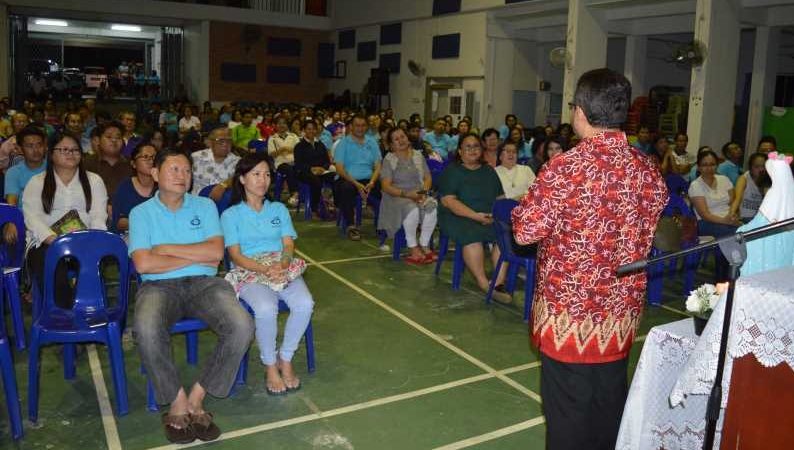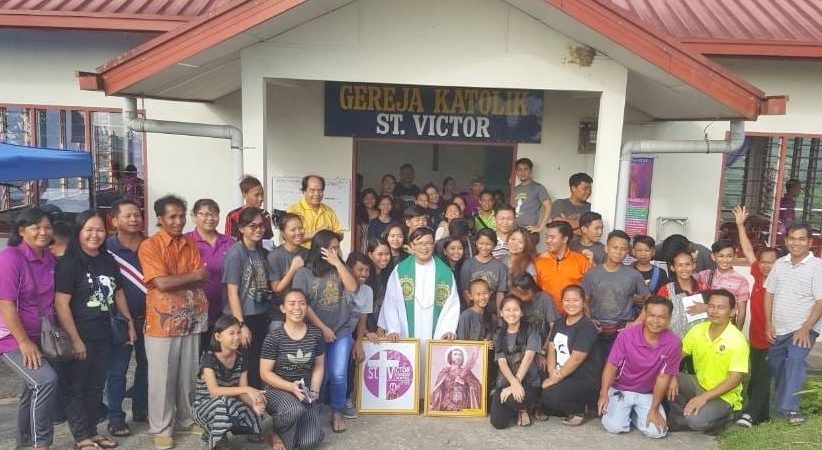KOTA KINABALU: The hundred over delegates at a recently held Education Consultation Workshop in the city would not dispute that a clarion call has been sounded to recognize and realize that the largest mission field that faces us today is still the schools.
“The Role of Mission Schools in the Present School System” was the theme for the Education Consultation Workshop jointly organized by the Sabah Council of Churches (SCC) and Sabah Council of Christian Mission Schools (SCCMS), held at All Saints Cathedral here on 7 July 2018 for school heads, boards of governors and mission authorities (the churches).
Altogether there are 100 mission schools in Sabah that are made up as follows: Anglican Mission (11), Basel Mission (15), Catholic Mission of Kota Kinabalu (43), Catholic Mission of Keningau (18), Catholic Mission of Sandakan (10) and Protestant Church of Sabah Mission (3).
Of the 174 delegates, 84 were school heads and senior assistants, 68 board of governors and 22 mission authorities representatives. Church leaders who graced the event included Bishop Dr James Wong of BCCM, Rev Datuk Jerry Dusing of SIB Sabah, Neil Mah representing Archbishop John Wong of RC Archdiocese of Kota Kinabalu, Pastor Chin Chi Kiong of Commission of Sabah Affairs (COSA) and Archdeacon Moses Chin of SCCMS.
In welcoming the delegates, Bishop Datuk Melter Tais, President of SCC affirmed that the mission schools are our Godly heritage and legacy. He recalled the audience to the Education Forum 2017 where various resolutions were adopted to reclaim the ethos, character and traditions of our mission schools. Foremost is “to restore the presence of God” in our schools. Next, is to strengthen the faith of the younger generation through Bible Knowledge and Christian Fellowship, and new programs are being put together to promote the holistic development of students who go through our mission schools.
The president noted that the educational landscape of our country has changed over time due to various policies implemented by the government. As such there is a need to revisit the role of our mission schools in the context of the present school system, hence the reason for the Education Consultation Workshop 2018. It brings together the different stakeholders of our mission schools to engage in a dialogue of clarifying their roles as they revisit the vision for our mission schools, with the possibility of recasting of vision in order to stay relevant with the times.
The keynote address entitled “The Educational Development and Policies in Malaysia and Their Impact on Mission Schools” was delivered by Ms Moey Yoke Lai. She is the Chairperson of the Federation of Councils of Christian Mission Schools Malaysia (FCCMSM) which oversees the 437 mission schools in the country.
Moey pointed out several key issues that had impacted the mission schools, as follows: 1) The surrender of the control of the mission schools under the Aziz Report 1971 without any grant for maintaining the premises; 2) The reduction in non-bumiputra intake into the Teacher Training Institutions; 3) The maximum consultation with the Mission Authorities over the appointment of principals were not followed through; 4) The National Language Policy; and 5)The constant changing of the school curriculum.
Even with the above, Moey is utterly convinced that our mission schools have an important role in the present school system. She said that our mission schools’ emphasis on holistic education (academic excellence, co-curriculum participation and character formation) and its special character (Education for All and for Unity, Compassion for the Poor and Weak, Education that is Person-Centred, Discipline with Love, Prayer and Presence of God, Passion and Perseverance) have pursued the aspirations of the Rukun Negara and the National Philosophy of Education long before they were formulated.
In revisiting the Role of Mission Schools in the Present School System, Moey recommends that mission schools provide world class education, especially in English, at affordable prices. She also urged “We should provide character-first holistic education, focusing on the whole person. We should teach children the joys of learning and of respecting and appreciating God’s beauty. We should introduce students to the important aspect of religion and Christian virtues of discipline, diligence, charity, compassion and integrity.”
Other speakers included Sister Rita Chew of the KK Archdiocesan Education Commission who presented her paper on “The Role of Mission Authorities”, while Ms Yap Pak Shun of the Basel Christian Church of Malaysia Central Education Board spoke on “The Role of School Management Boards”.
In another session to highlight “The Role of School Heads”, Moey related her personal experience beginning with a quote from 1 Timothy 3:1 that whoever aspires to be an overseer (a school head) desires a noble task.
She maintained that the ethos and performance of a mission school depends on the qualities and character of the head. She underlined “The formula for success as head is to live out your Christian life in practical ways that all can see you are different because you are walking in the footsteps of the Master, our Lord Jesus Christ.
“A School Head is responsible for everything that happens within the school. That means the academic curriculum, the co-curriculum, the physical environment, the conduct and welfare of the teachers, support staff and students, the relationships with the State Education Department, PIBG, Alumni, Board of Governors, Mission Authorities and the public,” elaborated Moey.
Parallel workshops were also held for the different stakeholder participants: Mission Authorities, School Management Boards and School Heads to clarify their roles in relation to the theme.
The workshop concluded with recommendations made to enhance the leadership roles of the Mission Authorities, School Management Boards and School Heads. With the realization that there are 10,000 schools in the country today, with a population of 10.59 million young people from the age of 1 to 19 years old, the workshop delegation could not but help recognizing that there is indeed a need to claim back our Mission Schools and make them our mission field.
Article reproduced from Herald Malaysia online


